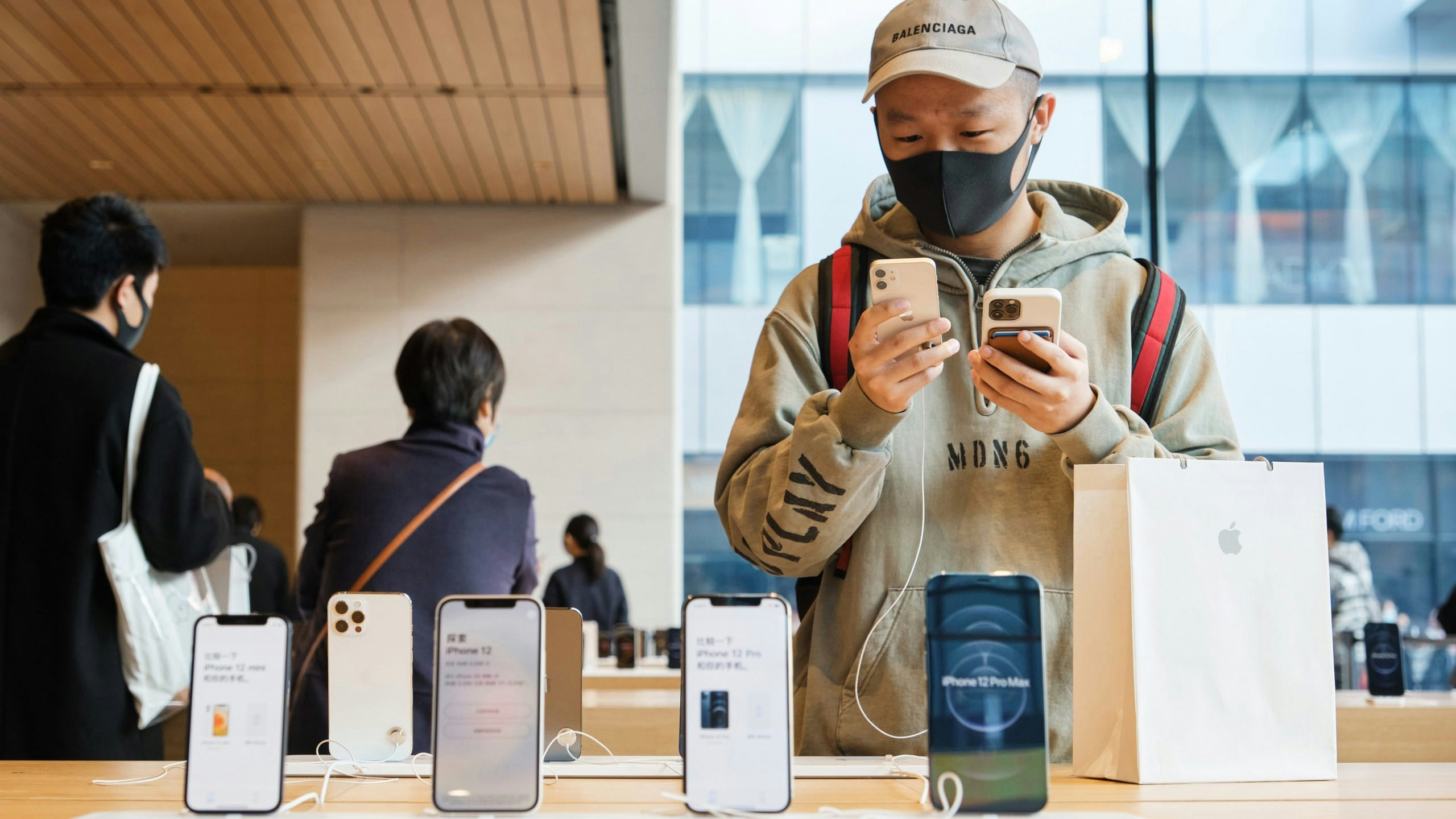What happened
: It’s game over for thousands of mobile titles. Apple has told developers it will ax any remaining paid games that are not approved by Chinese authorities by December 31, concluding a six-month-long clean up of its app store. So far, more than 90,000 games have been delisted, and it is unclear how many more will be affected.
Since 2016, China has required developers offering paid downloads or in-app purchases to get a license from one of the country’s censorship bodies. While Android vendors have always adhered to this rule, Apple game makers have been able to sidestep restrictions until now by submitting fake license numbers or, more commonly, by publishing first while waiting for approval.
Jing Take#
: Apple’s crackdown comes as more luxury brands turn to gaming to level up their marketing in China. As the world’s largest gaming industry, China has more gamers than the populations of the US, Japan, Germany, France, and the UK combined, SCMP calculated. In the third quarter alone, its video game sector raked in $10 billion in sales — three-quarters of which came from mobile gaming. As such, luxury companies have been collaborating with popular titles, creating character skins, and even developing their own games in hopes of scoring points with Chinese consumers.
However, it will now be nearly impossible for foreign game makers to access this market without first meeting China’s strict regulations. While this seems simple enough, rules around the gaming industry are constantly evolving. Even if games meet content standards (i.e., no showing blood, corpses, zombies, gambling, etc.), a license can take 6-12 months to process and requires help from a local partner, as foreign companies are not allowed to apply on their own. In 2020, only 97 foreign games managed to obtain a license, AppInChina reported.
Ultimately, brands should be wary of China’s tightening grip on online entertainment and e-commerce. New regulations not only slow the growth of these industries, but they also make it difficult for foreign companies to enter these markets. Moreover, brands that want to cross into gaming should pick their collaborators carefully. In light of Apple’s crackdown, succeeding in this market might rest more on picking local partners or large developers rather than betting on new titles. Nevertheless, there is always a question about what game will be banned in China because even apps that seem to comply with content standards can get caught in the crossfire, as was the case with TripAdvisor this week.
The Jing Take reports on a piece of the leading news and presents our editorial team’s analysis of the key implications for the luxury industry. In the recurring column, we analyze everything from product drops and mergers to heated debate sprouting on Chinese social media.

